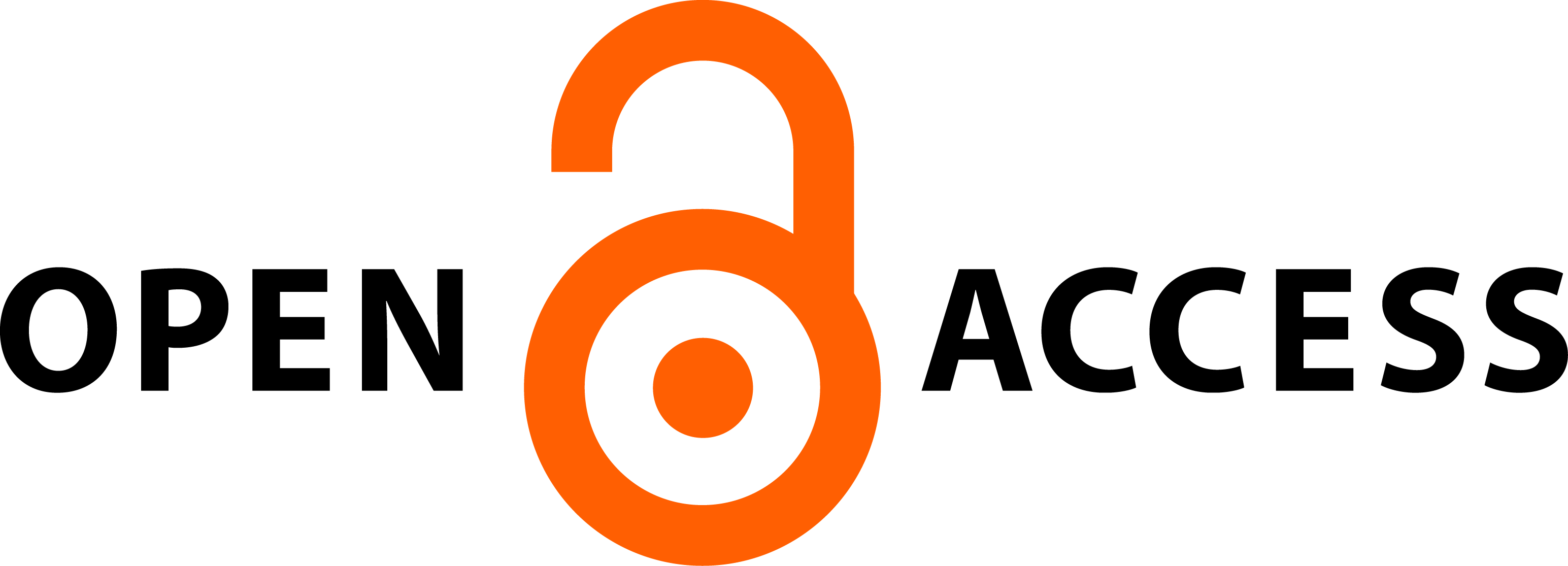Qanun Aceh No 14 Tahun 2003 Tentang Khalwat Dalam Pandangan Fik{ih dan KUHP
DOI:
https://doi.org/10.21154/muslimheritage.v2i1.1047Keywords:
Aceh, qanun, islamic law, khalwatAbstract
Abstract: Interdiction of khalwat (seclusion) is the early prevention of fornication, because it is basically starts from the things that lead to it. The establishment of Qanun No. 14 of 2003 on khalwat (seclusion) as Qanun in jinayat in the early application of Islamic law in Aceh is not without reason, that selection has at least two reasons. The first reason, khalwat (seclusion) is the one form of immoral deed (haram) in Islamic law and very disturbing on society. The second reason, there is euphoria on society in the form of "people's justice" to this Qanun in jinayat. Therefore in order to avoid any vigilante among society in Aceh, Aceh Government established Qanun No. 14 of 2003 to anticipate any chaos among society in Aceh.
Abstrak: Larangan khalwat merupakan pencegahan dini terhadap perbuatan zina karena perbuatan zina pada dasarnya dimulai dari hal-hal yang mengarah kepadanya. Pengesahan Qanun No 14 Tahun 2003 tentang Khalwat pada awal penerapan syariat Islam di Aceh sebagai qanun dalam bidang jina>ya>t bukannya tanpa alasan, pemilihan qanun tersebut sekurang-kurangnya memiliki dua alasan. Alasan yang pertama, perbuatan khalwat mmerupakan bentuk maksiat (haram) dalam syariat Islam dan sangat meresahkan masyarakat namun belum tertangani dengan baik. Kedua, adanya euforia di dalam lapisan masyarakat dalam bentuk “peradilan rakyat” terhadap jenis yang diatur dalam qanun jina>ya>t ini, guna untuk menghindari main hakim sendiri ditengah-tengah masyarakat, maka Pemerintah Aceh mengesahkan Qanun No 14 Tahun 2003 sebagai bentuk antisipasi terhadap berbagai kekacauan di lapisan masyarakat Aceh.
Downloads
Published
Issue
Section
License
Requirements to be met by the author as follows:
- Author storing copyright and grant the journal right of first publication manuscripts simultaneously with licensed under the Creative Commons Attribution License that allows others to share the work with a statement of the work's authorship and initial publication in this journal.
- Authors can enter into the preparation of additional contractual separately for non-exclusive distribution of a rich version of the journal issue (eg:post it to an institutional repository or publish it in a book), with the recognition of initial publication in this journal.
- Authors are allowed and encouraged to post their work online (eg, in institutional repositories or on their website) prior to and during the submission process, because it can lead to productive exchanges, as well as citations earlier and more severe than published works. (see The Effect of Open Access).

















